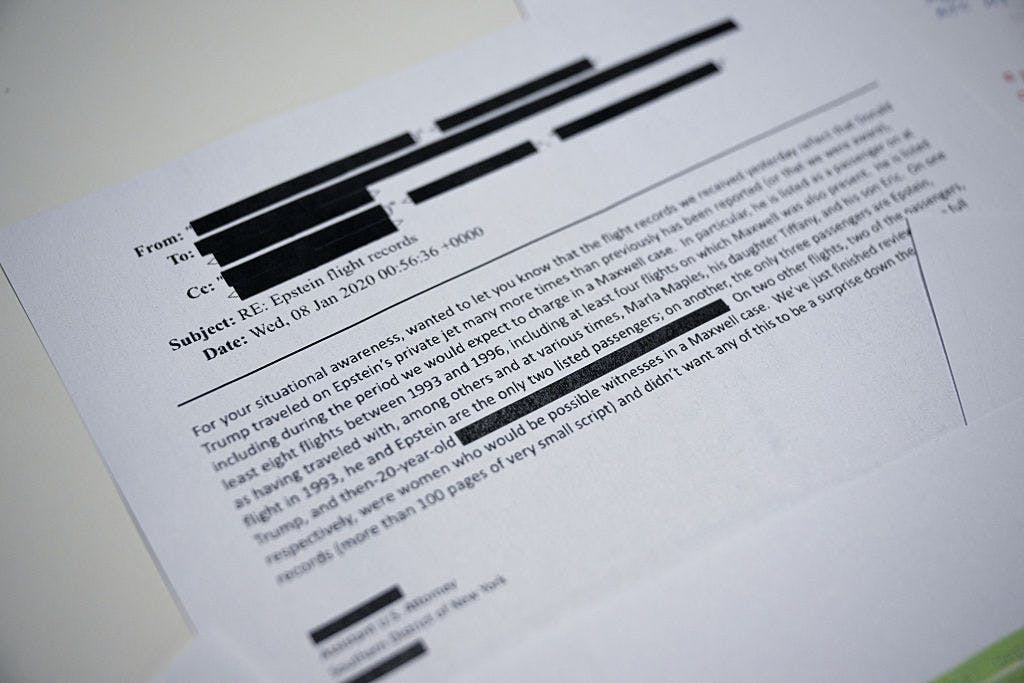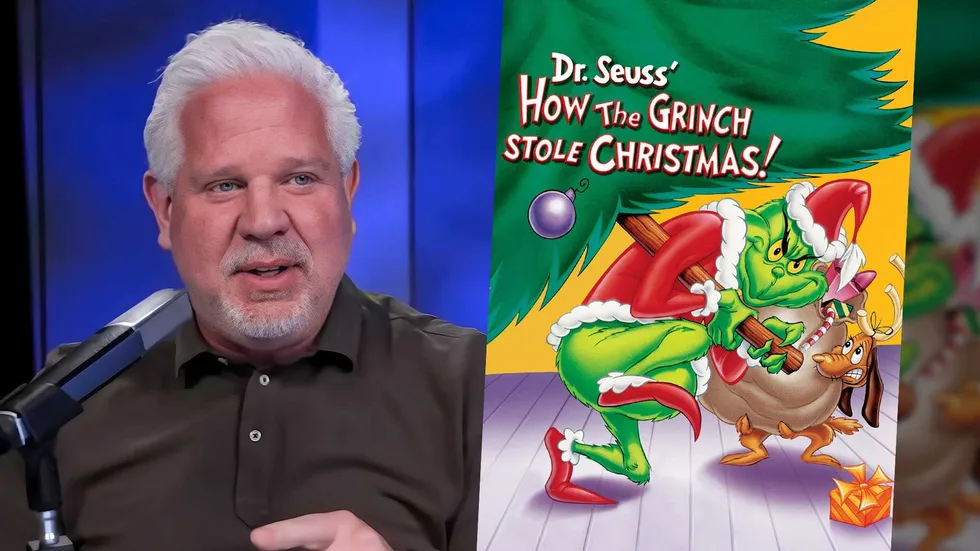Trump’s IRS Says Churches Can Endorse Political Candidates Without Losing Tax Status

The IRS made clear its stance on churches endorsing political candidates in front of their congregations, saying in a court filing on Monday that houses of worship are free to push political candidates from the pulpit without fear of losing their tax-exempt status.
Live Your Best Retirement
Fun • Funds • Fitness • Freedom
The IRS clarification came in a lawsuit court filing after two Texas churches and an association of Christian broadcasters sued, seeking an exemption from the ban on churches endorsing political candidates, The New York Times reported. While the plaintiffs sought a carve-out for all nonprofits, the IRS agreed in a court filing to allow churches to endorse candidates without penalty.
According to the IRS, the Johnson Amendment — which has been part of the U.S. tax code since 1954 — does not prohibit a church from communicating with its congregants about its preferred political candidates, comparing such endorsements to “a family discussion concerning candidates.”
“Thus, communications from a house of worship to its congregation in connection with religious services through its usual channels of communication on matters of faith do not run afoul of the Johnson Amendment as properly interpreted,” the agency wrote in the court filing.
The IRS added that it has long refrained from enforcing the Johnson Amendment against churches “for speech concerning electoral politics in the context of worship services.” For several years, pastors from around the country organized to test the tax code during “Pulpit Freedom Sunday,” The Washington Post reported. The IRS only launched one investigation stemming from “Pulpit Freedom Sunday,” and the agency did not punish any churches.
The IRS statement will be celebrated by many conservative Christians who have long viewed the prohibition on political endorsements as infringing upon their free speech.
During his first term, President Donald Trump stated that he wanted to “totally destroy” the Johnson Amendment, which was introduced by then-Senator Lyndon B. Johnson (D-TX) in 1954.
“I will get rid of and totally destroy the Johnson Amendment and allow our representatives of faith to speak freely and without fear of retribution,” Trump told Christians at the National Prayer Breakfast in 2017. “I will do that, remember.”
For the Johnson Amendment to be repealed, Congress would have to take action.
Proponents of the Johnson Amendment argue that the tax code is essential for guarding campaign finance laws. If the Johnson Amendment were repealed, some worry that political contributions could be funneled through tax-exempt 501(c)(3) organizations, and the contributions could remain undisclosed and tax-deductible.
Originally Published at Daily Wire, Daily Signal, or The Blaze
What's Your Reaction?
 Like
0
Like
0
 Dislike
0
Dislike
0
 Love
0
Love
0
 Funny
0
Funny
0
 Angry
0
Angry
0
 Sad
0
Sad
0
 Wow
0
Wow
0











































































